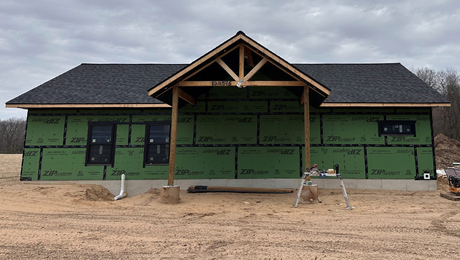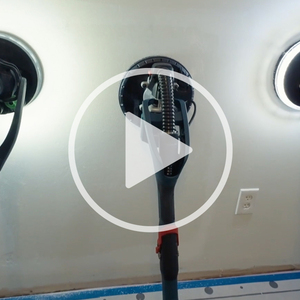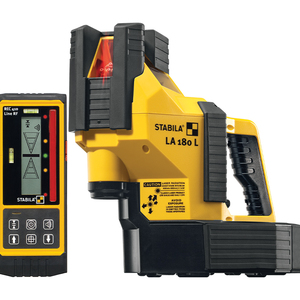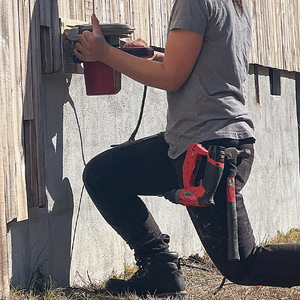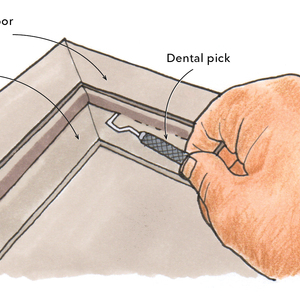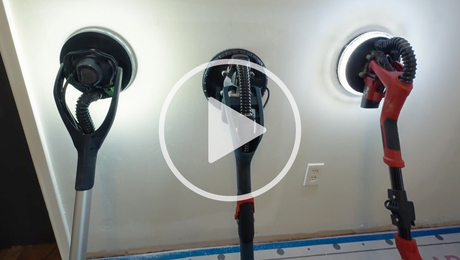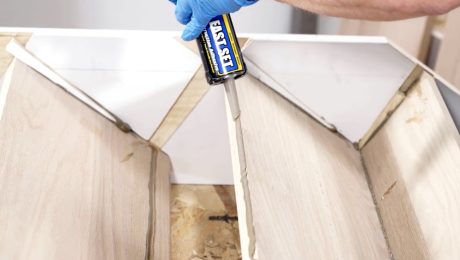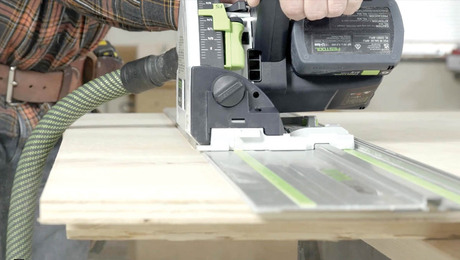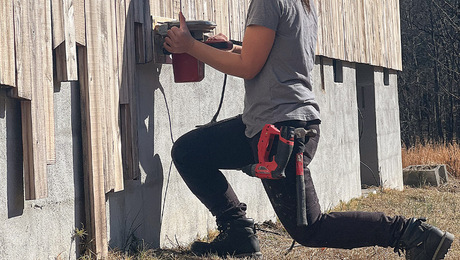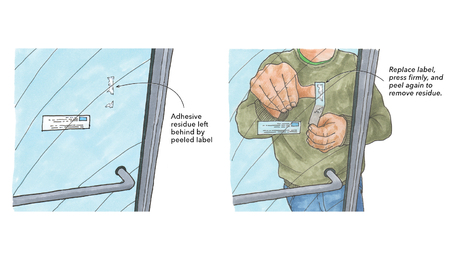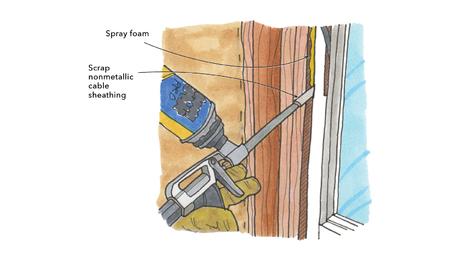What's the Difference: Shop-vacuum cartridge filters
It may be obvious that the filter is crucial. But based on your work, what type do you need?
Standard vs. HEPA
One glance inside a used shop vacuum emphasizes the important role that a filter plays. But does the standard filter that comes with the vacuum do a good-enough job of capturing potentially harmful dust? The answer depends on what size dust you’re dealing with.
Standard filters
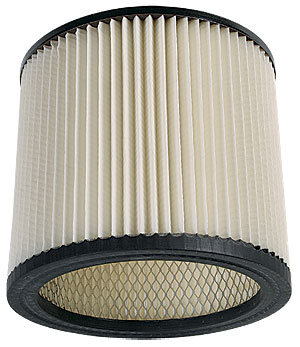
Standard filters are inexpensive and effective, most of the time. For as little as $10, a new cartridge-type filter for your shop vacuum will trap 99.93% of particles down to 3 microns, which is pretty fine dust considering that an individual human hair has a diameter of about 60 to 90 microns. These filters perform adequately for most construction tasks that don’t create extremely fine particulate. Sawdust produced by miter saws or tablesaws, for example, is typically much larger than the dust created by grinding or sanding, and generally will be caught by a standard filter. For sanding tasks, though, a HEPA (high-efficiency particulate air) filter offers the best protection. Standard filters don’t clog as often as HEPA filters do, but that’s because they catch less dust. Also, standard filters are easier to maintain. Unlike HEPA filters, they can be hosed off, allowed to dry, and reinstalled in the vacuum. Only Gortex-coated HEPA filters such as the one produced by CleanStream ($30; shown in the photo) can be washed like a standard filter.
Looks can be deceiving
Although HEPA and standard vacumn filters appear to be the same, their performance and cost differences are significant. Here are some sample prices at press time.
Fein
• Standard (1 micron): $30
• HEPA: $99
Milwaukee (HEPA by Shop-Vac)
•Standard: $10
• HEPA: $30
Bosch
• Standard: $90
• HEPA: $180
Craftsman
• Standard: $17
• HEPA: $30
Ridgid
• Standard: $15
• HEPA: $30
HEPA filters
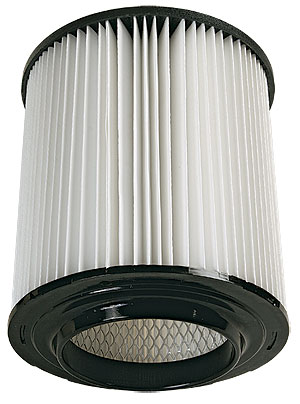
HEPA filters trap the smallest construction-site particles. A HEPA filter captures 99.97% of dust as small as 0.3 microns. That’s 10 times smaller than the dust captured by a standard filter. HEPA filters are better-performing, but they’re also more expensive than standard filters. You can expect to pay at least $25 for one. The extra protection of a HEPA filter is valuable whenever you’re producing fine or potentially hazardous dust: sanding plaster or drywall joint compound, wood, or paint that could contain lead, for example. HEPA filters also can trap mold spores and bacteria better than other filters. Installing a HEPA filter in a vacuum doesn’t mean the vac meets HEPA standards. Even when fitted with a HEPA filter, a non-HEPA-rated vac can leak hazardous dust back into the air, so contact your vacuum’s manufacturer before working with any highly toxic or questionable debris.
Photos by Krysta S. Doerfler
Old House Journal Recommended Products
Fine Homebuilding receives a commission for items purchased through links on this site, including Amazon Associates and other affiliate advertising programs.
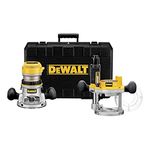
DEWALT 2 1⁄4-hp Router Combo Kit (DW618PK)
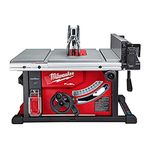
Milwaukee Cordless Tablesaw (2736)
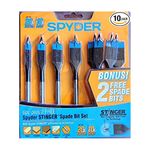
Spyder Stinger Spade Bit
